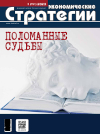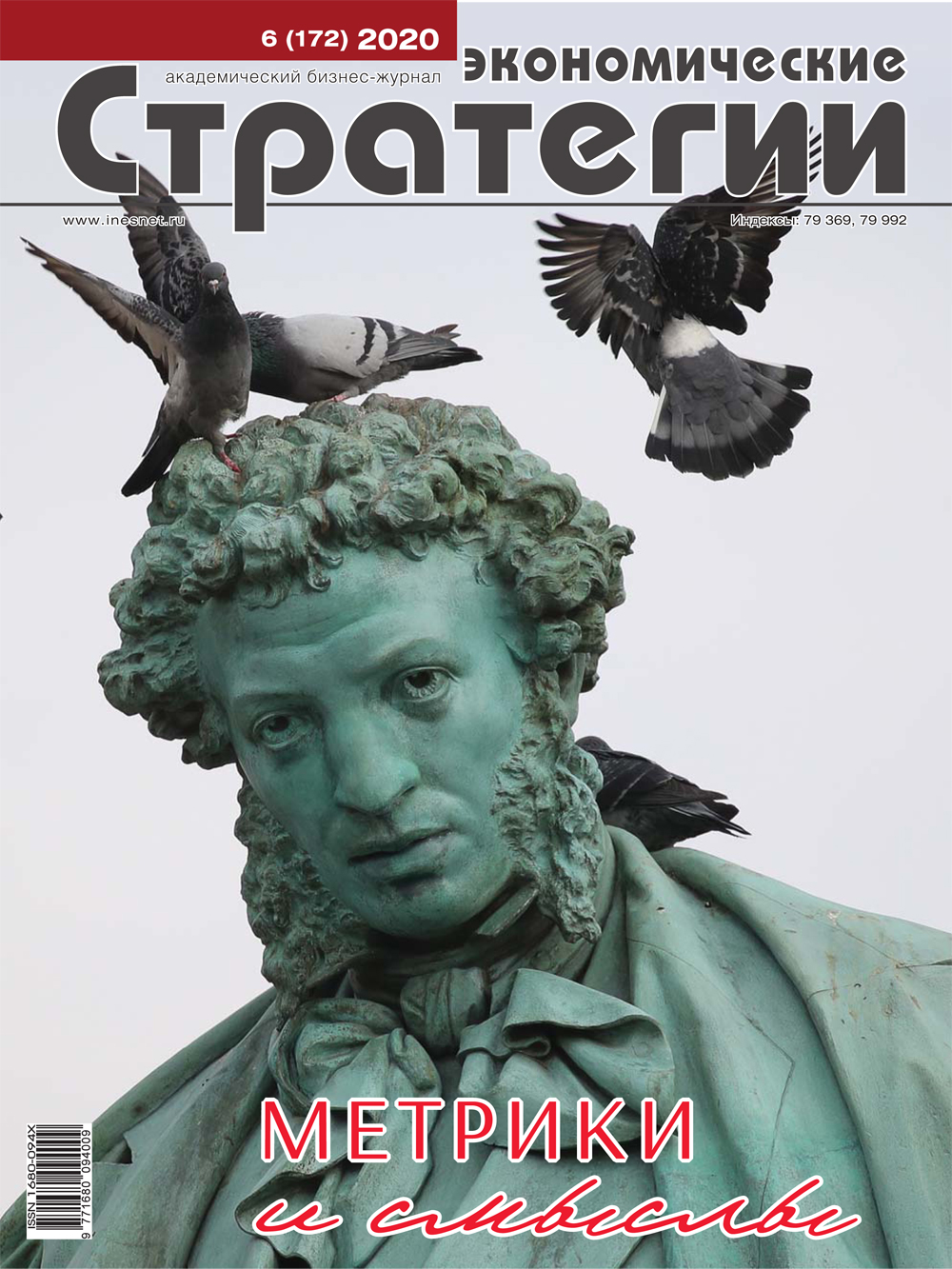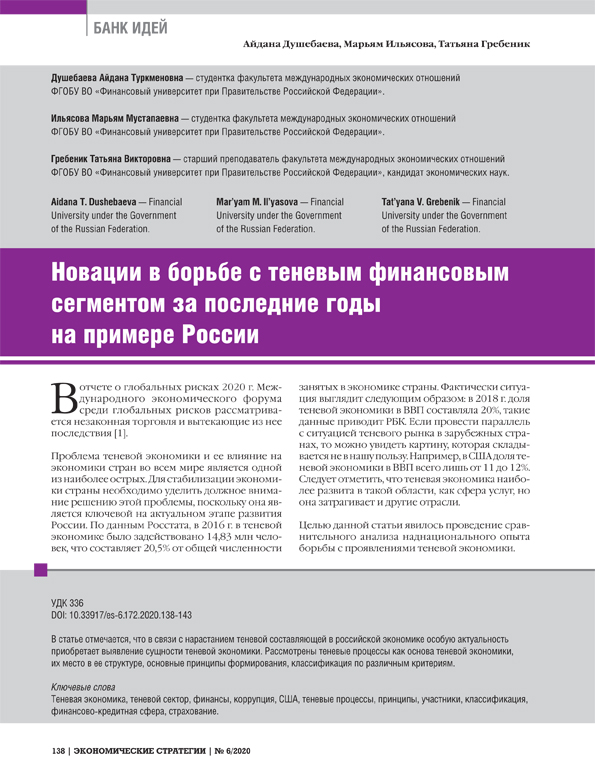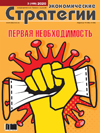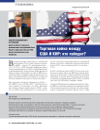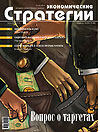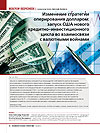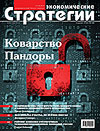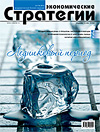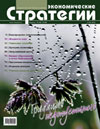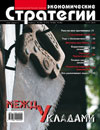Special Military Operation as a Strategic Technology for Choosing the Future of Russia and the World
DOI: 10.33917/es-5.191.2023.6-21
The chronicle of the situation development, which actually came very close to a global military catastrophe, only outwardly looks like a random kaleidoscope of events. Behind the chaos of events, are becoming more evident extremely strict strategic schemes for operating with global power factors in various spheres of activit y: political, military, economic, etc. The article outlines the systemic elements of an approach that considers military conflict in general and Special military operation in particular as a militarized form of struggle for power — an instrument of global economic regulation of economic activit y. This approach makes it possible to focus the key components of Russia’s necessary strategy in the context of a new round of struggle between imperialist predators for the format of systemic and structural redivision of the world that they need.
References:
1. Ageev A.I. Kholodnaya voina — 2.0: realii i perspektivy [Cold War — 2.0: Realities and Prospects]. Ekonomicheskie strategii, 2015, vol. 17, no 2(128), pp. 74–79.
2. Bakhtizin A.R., Makarov V.L., Loginov E.L., Khabriev B.R., Vu Ts., Vu Z. Gibridnye voiny v makroekonomicheskoi supersisteme XXI veka [Hybrid Wars in the Macroeconomic Supersystem of the XXI Century]. Ekonomicheskie strategii, 2023, vol. 25, no 2(188), pp. 6–23, DOI: https://doi.org/10.33917/es-2.188.2023.6–23
3. Ageev A.I., Bakhtizin A.R., Makarov V.L., Loginov E.L., Khabriev B.R. Ekonomicheskii fundament pobedy: strategicheskii prognoz ustoichivosti ekonomiki Rossii v usloviyakh sanktsionnykh atak [Economic Foundation of Victory: a Strategic Forecast for the Russian Economy Stability in the Face of Sanctions]. Ekonomicheskie strategii, 2023, vol. 25, no 3(189), pp. 6–15, DOI: 10.33917/es-3.189.2023.6-15
4. Denisov A.A., Denisova E.V. Kratkii ocherk osnov teorii upravlyaemoi konfrontatsii [Brief Outline of the Theory of Controlled Confrontation]. Informatsionnye voiny, 2014, no 1, pp. 24–33.
5. Ageev A.I., Loginov E.L. Mirovoe soobshchestvo v usloviyakh sverkhkriticheskoi bifurkatsii: Upravlenie slozhnymi organizatsionnymi i tekhnicheskimi sistemami v usloviyakh sverkhkriticheskikh situatsii: Materialy mezhdunarodnoi nauchno-prakticheskoi konferentsii [World Community in Conditions of Supercritical Bifurcation: Management of complex organizational and technical systems in conditions of supercritical situations: Proceedings of the International Scientific and Practical Conference]. Moscow, INES, 2022, pp. 9–12.
6. Ageev A.I., Loginov E.L. Novaya bol’shaya voina: khroniki khorosho zabytogo budushchego [New Large-Scale War: Chronicles of Well Forgotten Future]. Ekonomicheskie strategii, 2014, vol. 16, no 6–7(122–123), pp. 16–33.
7. Ageev A.I., Loginov E.L. Strategicheskaya predopredelennost’ spetsial’nykh voennykh operatsii v mirovoi supersisteme [Strategic Predetermination of Special Military Operations in the World Supersystem]. Ekonomicheskie strategii, 2023, vol. 25, no 4(190), no 6–19, DOI: 10.33917/es-4.190.2023.6-19


